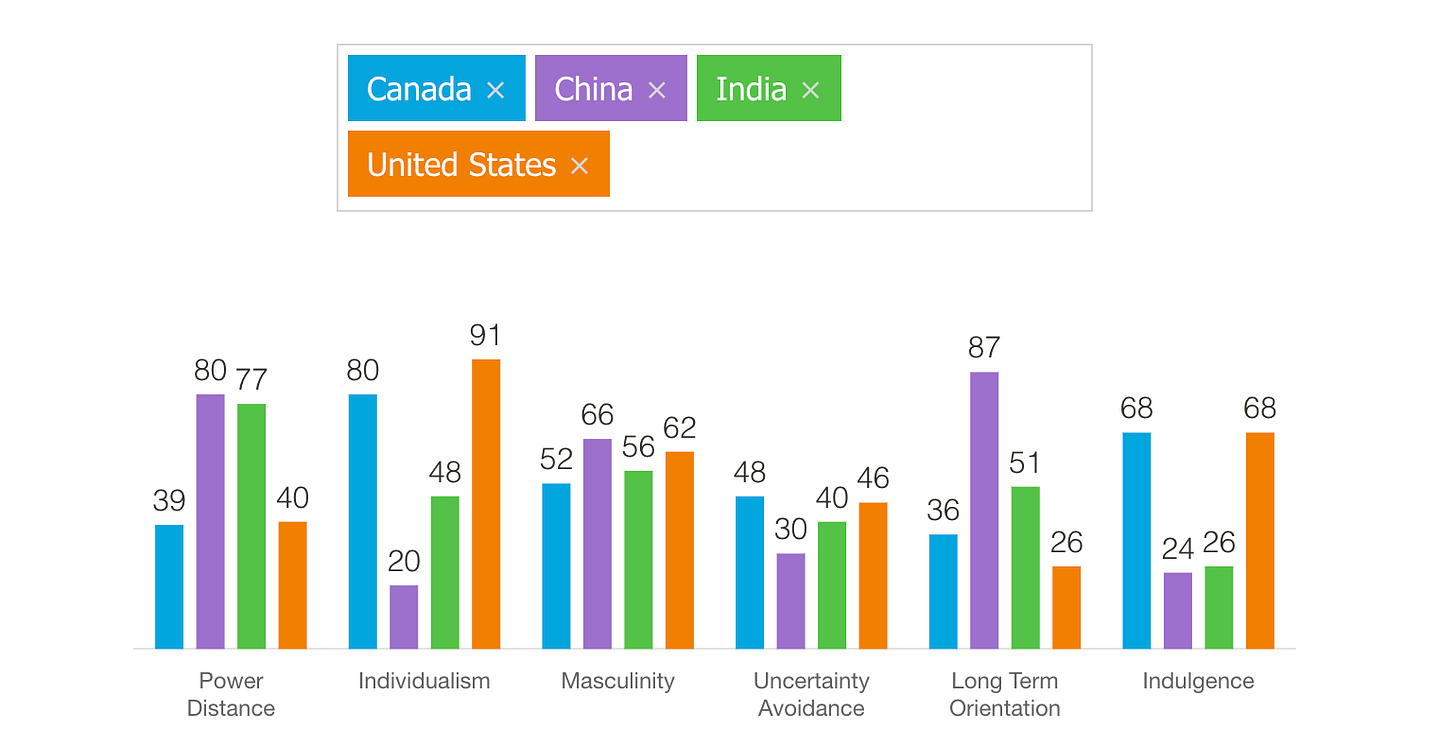Friend #29 - Sharina
The girl from ninth-grade math
This was the first person that I was a bit nervous to speak to. For no reason in particular but perhaps because I was worried Sharina remembered parts of me that I didn’t want to be known for.
Sharina and I became friends in ninth-grade math class. We’d spend lunch after lunch making sure that our answers from the previous night’s homework were correct so that we’d be able to participate in class. Admittedly, it was a good habit but some of the stress I placed on grades at that age was unnecessary in my opinion.
Regardless, Sharina is brilliant. Well-rounded and articulate. She is currently working toward her MBA at The Wharton School at the University of Pennsylvania.
We both immediately bond over our experiences living in the United States. My own in Miami and Sharina’s in San Franciso and now Philadelphia.
“People say that the US and Canada are very similar but there really is culture shock,” says Sharina primarily referring to the individualistic nature of American society.
As teenagers, the girls we went to school with all helped one another. We shared test answers or gave each other advice. We were competitive but never selfish.
Sharina recounts a trip she took to Patagonia with her MBA classmates. In the mornings, she was the first to wake up and used the extra time to make coffee for the group. She doesn’t drink coffee but thought that it would benefit everyone else.
“Asian culture is more collectivist,” says Sharina. “In Eastern culture, you don’t have to be close to take care of someone while in Western culture you’re not likely to take care of someone you don’t know.”
As an international business student, I studied Hofstede’s cultural dimensions theory. A framework that is used to understand the differences in culture across countries and their effects on business.
Below I’ve compared China, India, the United States, and Canada using the framework.
Sharina suggests I watch a movie called The Farewell which tells the story of a Chinese-American writer named Billi and her family. Billi’s grandmother in China has just been diagnosed with lung cancer but the family chooses to hide the news from the grandmother to prevent her from experiencing the emotional burden and instead take the pain onto themselves.
Billi finds this unfair and tells her uncle that it’s unjust to hide the news from their grandmother. The uncle says, “Billi, there are things you misunderstand. You guys moved to the West long ago. You think one's life belongs to oneself. But that's the difference between the East and the West. In the East, a person's life is part of a whole. Family. Society.”
Sharina and her boyfriend are currently working on fostering and creating opportunities for the Asian community at the University of Pennslyvania and hosted a huge Lunar New Year event earlier this year.
“American individualism is so strange,” I tell Sharina. “I even noticed couples who consider themselves to be in love but still act separately and in their own interest in many situations.”
Sharina explains that in her experience in romantic relationships, it’s simple to align with someone on the future. Meaning it’s easy to find someone that wants to get married and have kids and so on. What’s more difficult is finding someone who values those things the same way that you do and the process in which they plan to achieve their goals.
“I’m very growth-oriented,” says Sharina. “If my partner isn’t, then it’s not going to work. I’ve become more outspoken as I get older and I’m more willing to defend my views.”
She then said something that was lovely to hear. “I know that certain people don’t like me and I know the qualities about me that they don’t like, but those are things that I love about myself,” she says.
Shamefully, it is only recently that I have become comfortable with the idea of being disliked. It’s been extremely liberating. I’m more comfortable sharing my ideas and it’s allowed this project in particular to be successful because I share my views on friendship with thousands of people and I reach out to people for friendship with the possibility of rejection.
“Real knowledge is to know the extent of one’s ignorance.”
―Confucius
Internet Browsing



